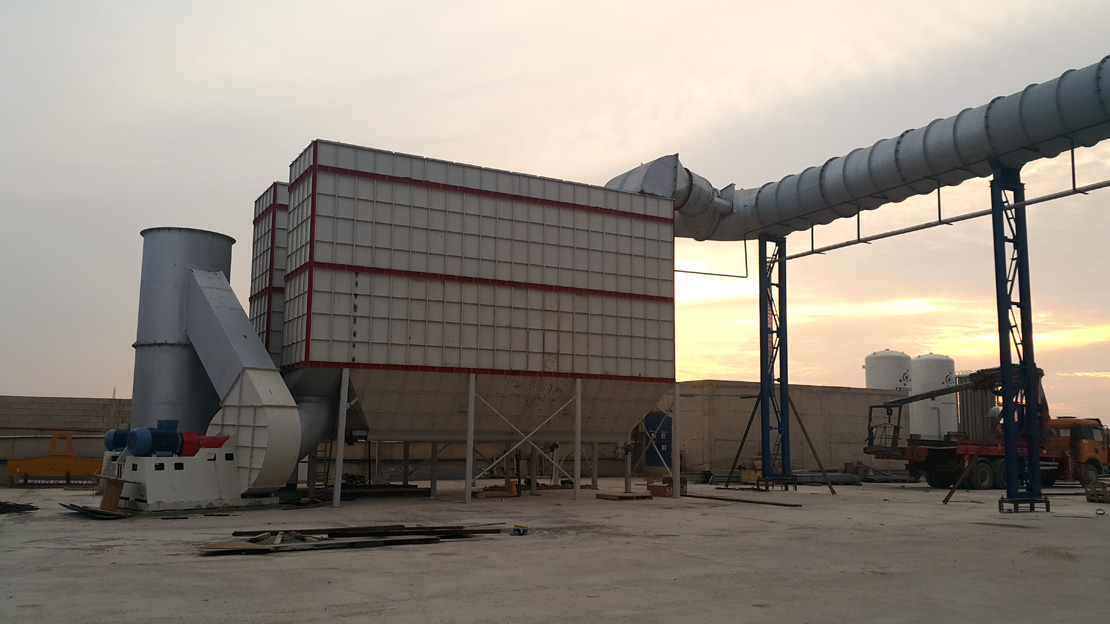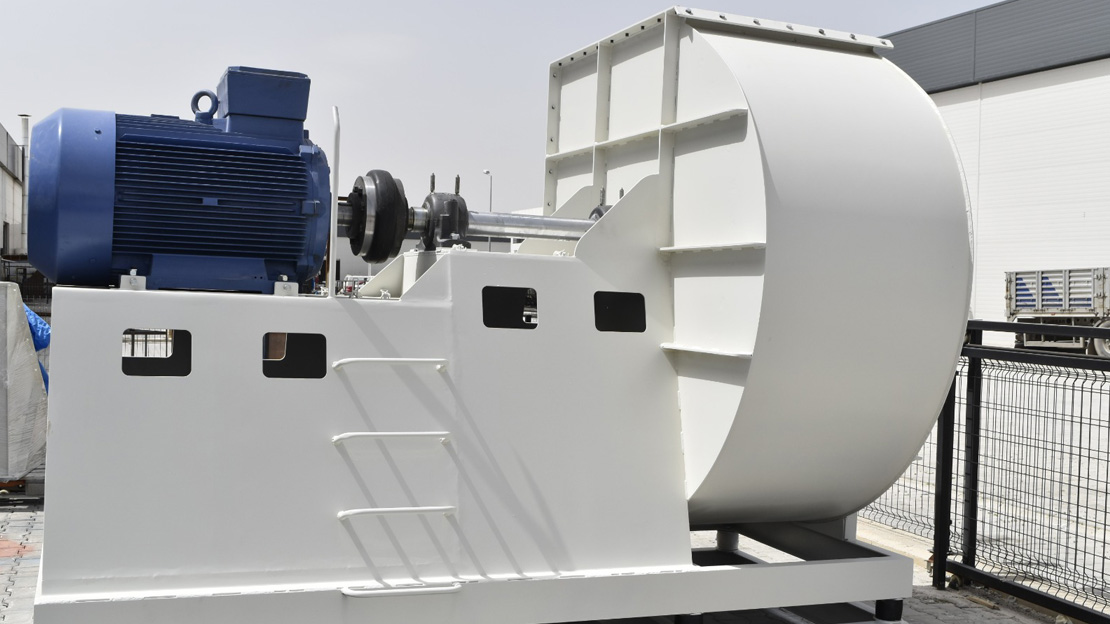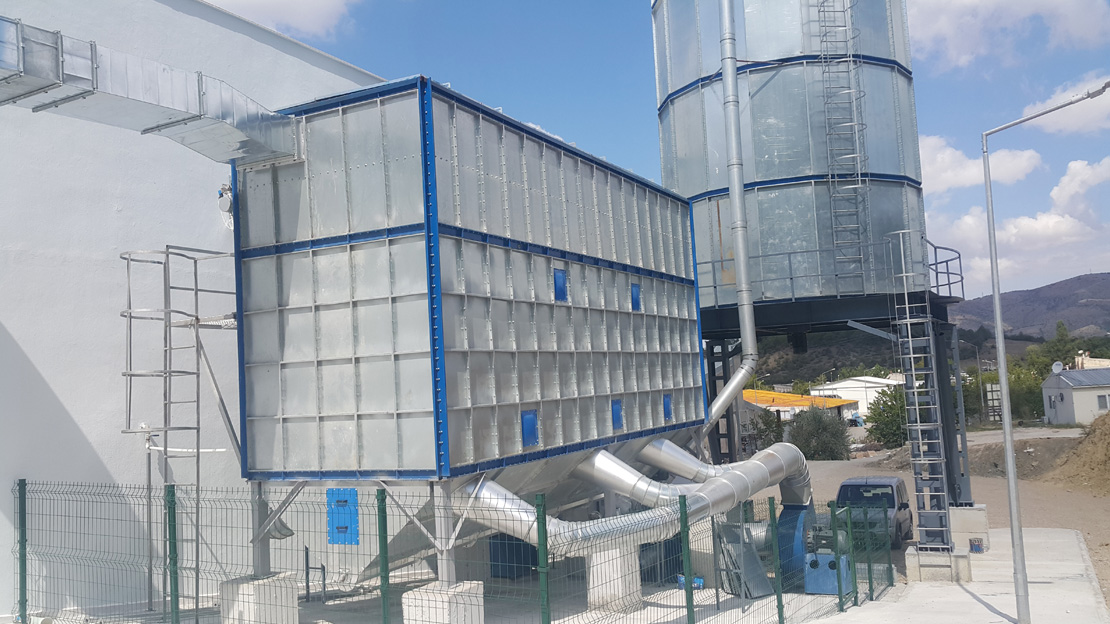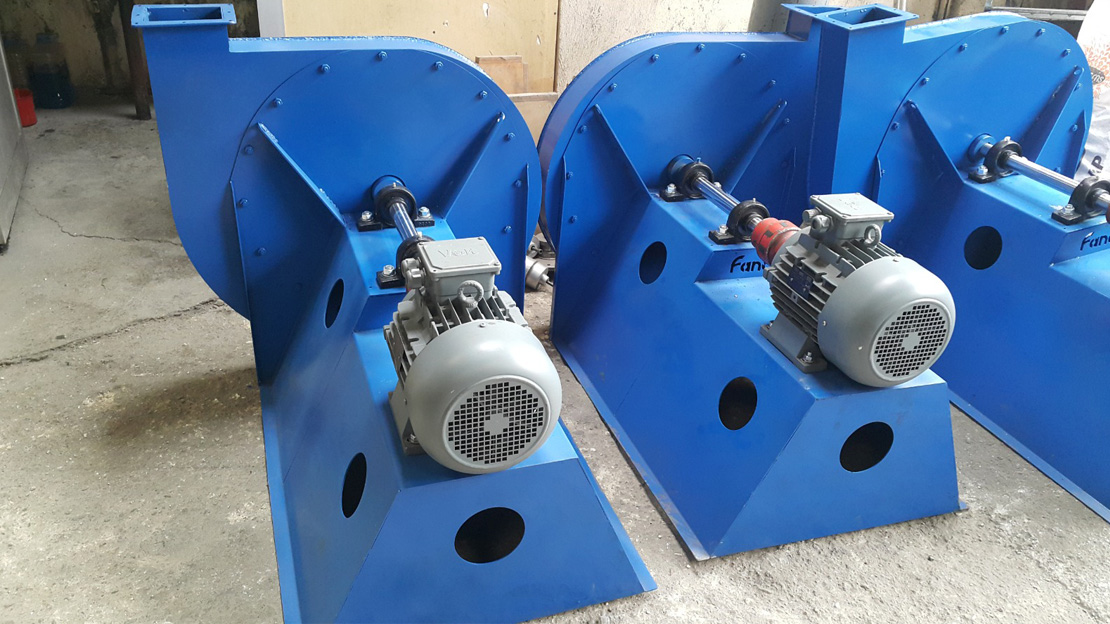




dust collector systems fiberglass dust is a very serious and dangerous health risk as it can cause eye, skin and lung irritation. the size of dust particles varies with the type of treatment with certain potentially flammable resins. fiberglass consists of silica and other minerals extruded and reinforced with resin. dust particles from fiberglass tend to stick together regardless of whether the process is grinding, cutting or some other form of shaping. to meet the osha and nfpa standard, fiberglass dust collection systems must have fire and explosion protection components. air quality for fiberglass dust control systems is closely monitored for health risks. cartridge dust collection systems are normally used for fiberglass operations. details about dust collector the challenges of foundry dust collection systems revolve around a toxic combination of crystalline silica dust, carbon monoxide, and heat. these factors make meeting air quality standards difficult and demanding. when choosing a dust control system for a foundry, the first consideration is the unit's ability to withstand the harsh and dangerous conditions of the workplace. the environmental conditions of a foundry make selection of the appropriate dust control system difficult. besides the obvious requirements, the equipment selected must meet osha, epa, and nfpa regulations. ıt uses dust collection systems, shake enclosures, collection hoods, melt, molding and cooling hoods as well as exhaust hoods to meet these standards. pleated bag-style collectors feature a cartridge-style, highly efficient filtration system as well as a compact size and reduced pressure drop. a hepa after filter is added to ensure zero emissions in processes with lead or silica particles.
quality systems you can easily access the highest quality systems through our company. contact us for details as environmental concerns grew, dust collection systems became a necessity for industries that produce large amounts of dust particles and ambient gases. manufacturers of dust collection systems are required to comply with strict government guidelines and assure customers of the efficiency of their systems and their compliance with epa, nfpa, and msha standards.
Bu site çerezler kullanır. Sitede gezinmeye devam ederek çerezlerimizin kullanımını kabul etmiş olursunuz.
Daha fazlası